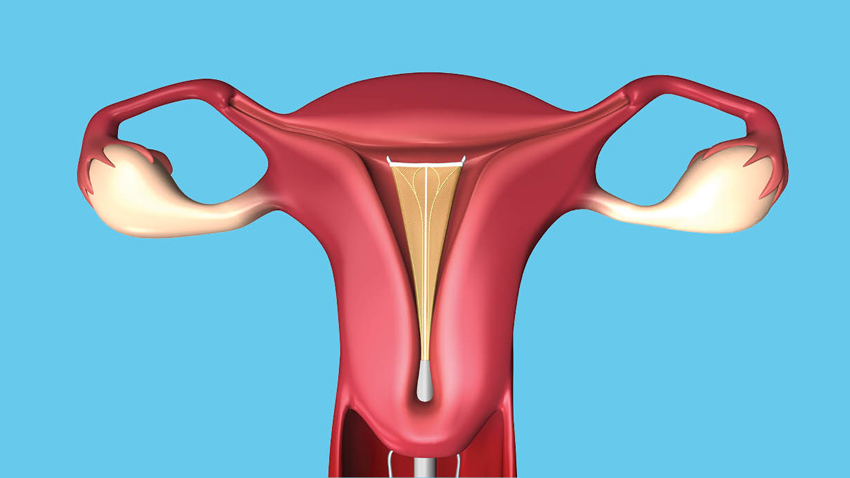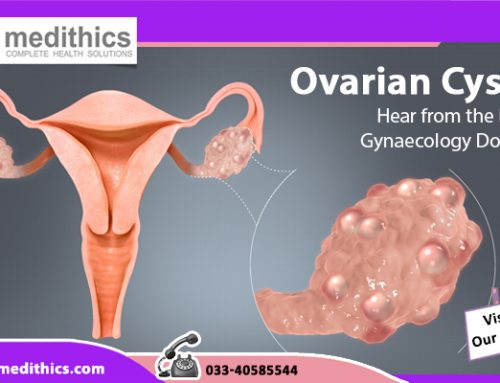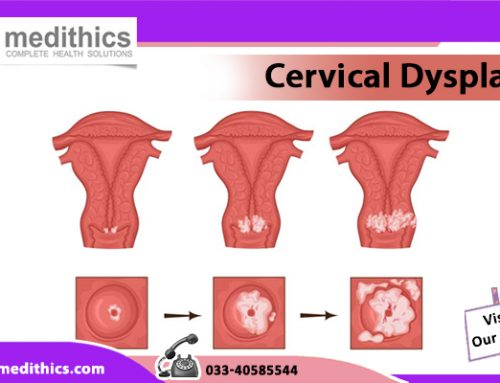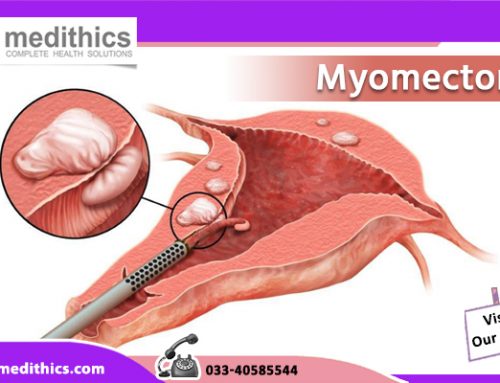Minimally invasive, Microwave Endometrial Ablation helps to treat Menorrhagia, a condition defined as abnormally heavy bleeding. The procedure uses electromagnetic waves to destroy and reduce the thickening of the womb to stop heavy bleeding. In precise, it can be said that Microwave Endometrial Ablation procedure helps to treat heavy menstrual bleeding in women.
Overview
Microwave Endometrial Ablation, as the term implies, is a procedure that uses electromagnetic waves for destroying and removing the lining tissues of the uterus for preventing heavy, abnormal bleeding. The operation is either performed under local anaesthesia or general anaesthesia to treat benign (non cancerous) tumours in the uterine cavity. However, it is not performed on patients who desire to be pregnant in the future.
Apart from laser beams, gynaecological surgeons may prefer using other modes of treatment like heating, electricity and freezing for the surgery. The choice of the surgery procedure depends upon several factors, including medical condition of the patient.
The causes of Microwave Endometrial Ablation is Menorrhagia, a condition which is triggered by menstrual cycles without ovulation, hormonal disturbances, ovarian dysfunction, uterine polyps, uterine fibroids, non-hormonal Intrauterine, inherit bleeding disorders, pelvic inflammatory diseases, etc. Once the exact cause of treatment is assessed, the top gynaecologists suggest patients to make certain preparations before Microwave Endometrial Ablation.
Before the Treatment
It is advisable to listen to your gynaecologist and follow all the basics before the surgery. The following list tells you what you can do before the treatment:
- Jot down all the questions you have in mind regarding the surgery. It is vital for a patient to understand the procedure, how it works and the benefits derived. In this regard, you or any of your family members may have to sign a consent form that officially gives the permission to perform Microwave Ablation procedure.
- You should communicate with your gynaecologist and tell him/her about the medicines and other natural health products you might be taking. You may or may not be advised to stop taking a few medicines since some may have a negative effect on your health post surgery. Also, do talk to your doctor if you are taking blood thinners.
- In most cases, doctors suggest patients to stop taking certain medications. However, it totally depends upon the health condition of the patient. You should disclose information related to your health like whether you smoke or drink, whether you are having abnormal bleeding disorder and so on.
- Talking to your anaesthesiologist before the surgery helps clear many doubts regarding the anaesthetic options, benefits and risks associated with the operation.
- Listen to your gynaecologist when to stop drinking or eating before the Microwave Ablation surgery.
- Do not carry any kind of jewellery to the hospital and do not apply any perfume or lotion or nail polish. The procedure takes few minutes to perform.
How it is performed?
Just before Microwave Endometria Ablation procedure, the patient undergoes an endometrial biopsy testing to exclude any possibility of cancer. Imaging studies of the patient are required, which is done with a light weighing instrument (called hysterescope) to see the inside of the uterus in order to rule out any possibility of fibroids or uterine polyps. It should be noted that fibroids and polyps are the reasons for heavy periods and can be eliminated without ablation.
The patient is administered local anaesthesia or is given light sedative anaesthesia. It is generally performed as a day procedure in order to let the patient go back home in the evening. During the procedure, gynaecologists insert a special kind of instrument called endometrial ablation device through the opening of the cervix into the uterine cavity. This suggests that the surgery does not require any incisions or cuts to be made.
Once the ablation device is inserted inside the uterus, the ablation cycle starts that deliver energy to kill endometrium. The entire procedure takes a few minutes to perform. At the end, a final hysteroscopy procedure is done to verify how the Endometrial Ablation is performed and whether it is successful.
Recovery
The recovery time of Endometrial Ablation is almost two weeks. Post surgery, patients are usually discharged on the same day. However, you may face certain side effects such as vaginal discharge, nausea and cramping. While the discharge may last a few days, it can go up to 1-2 weeks. Women who undergo local anaesthesia may experience certain discomfort immediately after the surgery, but are discharged on the same day.






Leave A Comment
You must be logged in to post a comment.